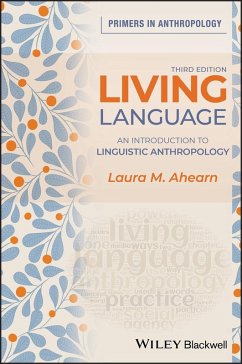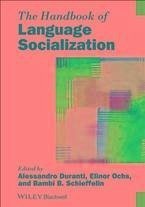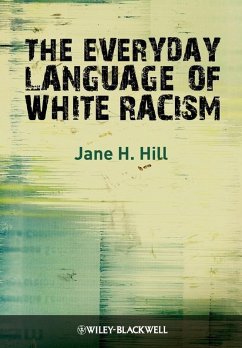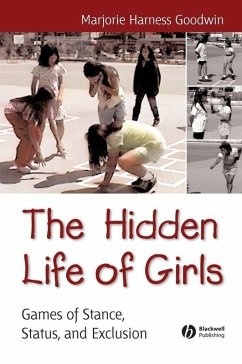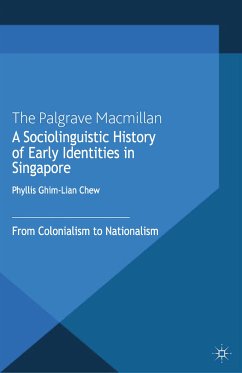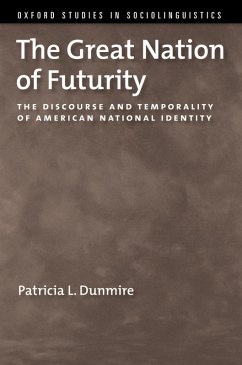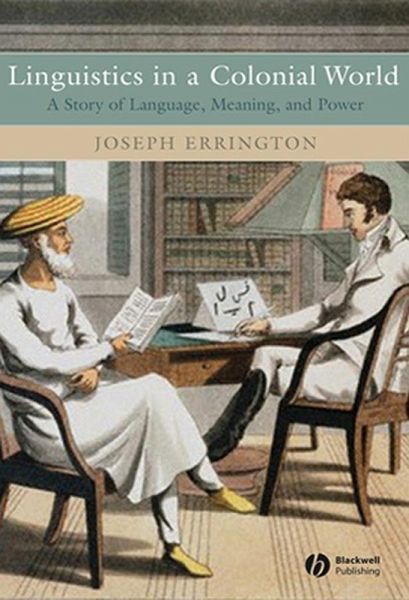
Linguistics in a Colonial World (eBook, PDF)
A Story of Language, Meaning, and Power
Versandkostenfrei!
Sofort per Download lieferbar
38,99 €
inkl. MwSt.
Weitere Ausgaben:

PAYBACK Punkte
0 °P sammeln!
Drawing on both original texts and critical literature, Linguistics in a Colonial World surveys the methods, meanings, and uses of early linguistic projects around the world. Explores how early endeavours in linguistics were used to aid in overcoming practical and ideological difficulties of colonial rule Traces the uses and effects of colonial linguistic projects in the shaping of identities and communities that were under, or in opposition to, imperial regimes Examines enduring influences of colonial linguistics in contemporary thinking about language and cultural difference Brings new insi...
Drawing on both original texts and critical literature, Linguistics in a Colonial World surveys the methods, meanings, and uses of early linguistic projects around the world.
- Explores how early endeavours in linguistics were used to aid in overcoming practical and ideological difficulties of colonial rule
- Traces the uses and effects of colonial linguistic projects in the shaping of identities and communities that were under, or in opposition to, imperial regimes
- Examines enduring influences of colonial linguistics in contemporary thinking about language and cultural difference
- Brings new insight into post-colonial controversies including endangered languages and language rights in the globalized twenty-first century
Dieser Download kann aus rechtlichen Gründen nur mit Rechnungsadresse in D ausgeliefert werden.



